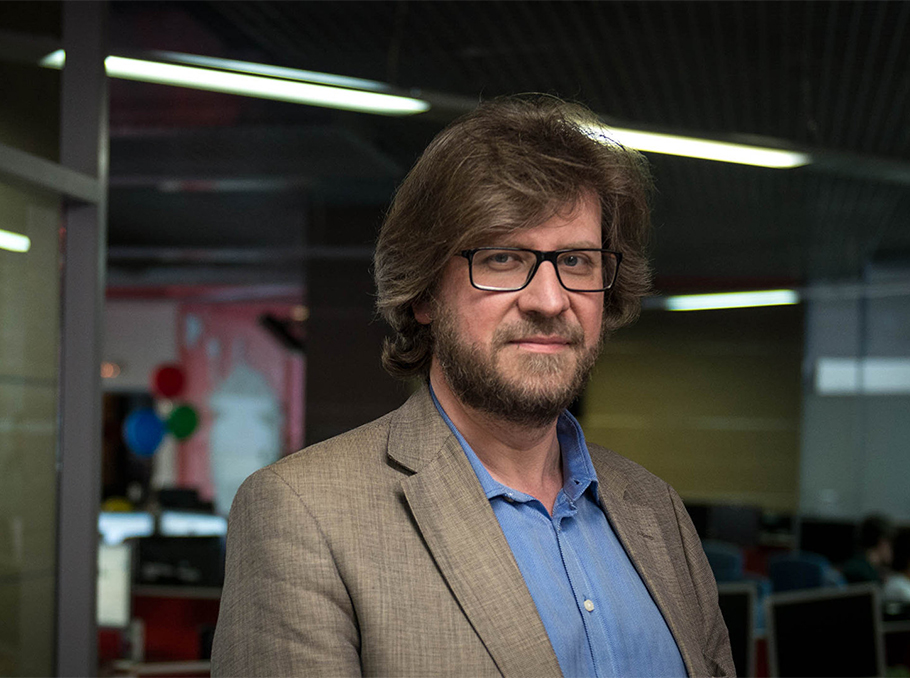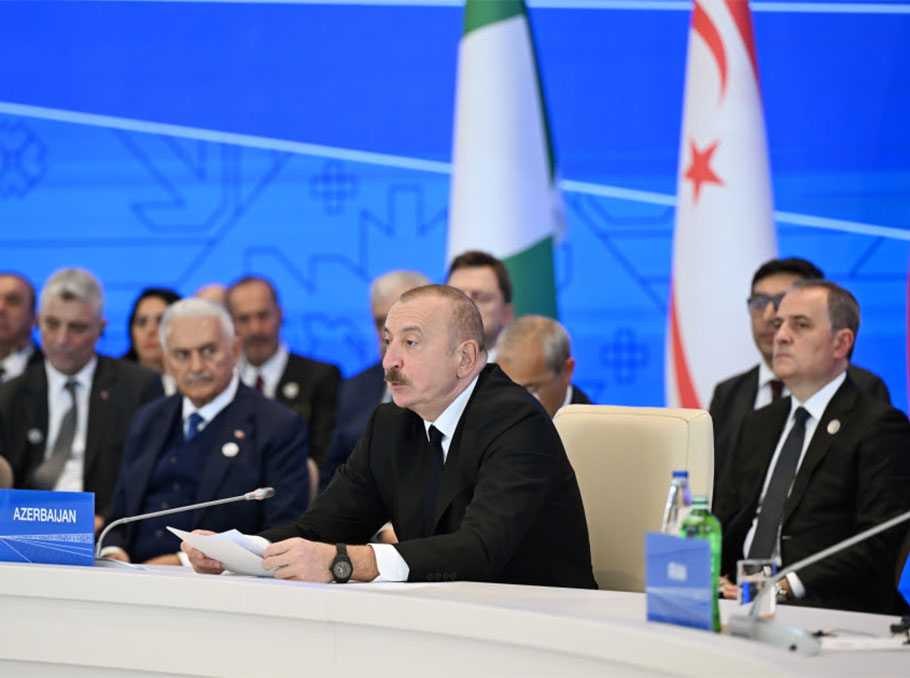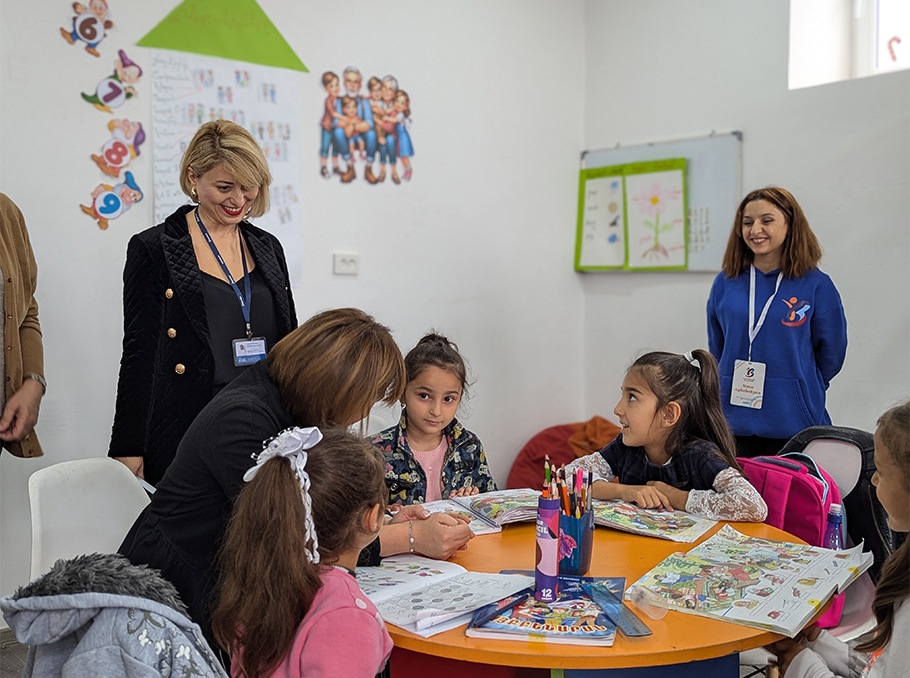Yerevan /Mediamax/. Russian political analyst, Chairman of the Presidium of the Russian Council for Foreign and Defense Policy Fyodor Lukyanov believes that the actions of Armenian authorities do not contain anti-Russian subtext, but can be viewed as "playing with fire” against the background of growing geopolitical tensions.
Fyodor Lukyanov has made that comment in the column “Is simplicity actually better?” published on Rossiyskaya Gazeta website, which reads in particular:
“The arrest of a former head of the state is a precedent not only for Armenia, but also for the entire post-Soviet area. However, the charges against another defendant in the same case, former Chief of General Staff Yuri Khachaturov, had an almost bigger effect in Russia. Khachaturov is the Secretary General of the Collective Security Treaty Organization, i.e. an incumbent international official holding the highest position in the military alliance, where Russia is the leading member state. The latter fact has made certain analysts speak about a planned anti-Russian demarche of the government headed by Nikol Pashinyan, whose commitment to allied relations with Russia is already doubted by many.
However, to consider the events in Armenia or any other country solely from the point of the confrontation between Russia and the West, as most analysts would do previously, is to simplify the overall picture.
There is a universal trend now – internal affairs dominate over foreign policy. The changes of mood within societies and their dissatisfaction with the establishment present the politicians with the need to change the course. If they are incapable of that or fail to change the course quickly and gracefully, the wave of discontent brings new forces to power. Whether these new forces are prepared to conduct responsible, sensible policy is irrelevant. People simply want to see new faces and slogans. In this context Trump, Macron, Salvini and Pashinyan are all phenomena of the same nature, although of completely different scale.
The key point for the new authorities is to show the citizens they can actually respond to the requests from the people. If they cannot, the support for them diminishes quickly (for instance, the latest polls show record low ratings for Macron). If they can and the course keeps the promises the new forces made, the most devastating attacks from their opponents go in vain, which is demonstrated by the stable ratings for Trump among his electorate recently.
Nevertheless, the politicians of the new wave have only one addressee – their voters, and these politicians pay little or no attention to the effect their actions make on international relations. Trump is a good example for that as well.
Prosecution of the incumbent CSTO Secretary General is perceived in Russia as an offensive, pointed action which might be incited by a party from the outside. I will take the risk of saying that if the people in Yerevan who made the decision to prosecute Khachaturov actually thought about its international consequences, is was the last thing on their mind. The need to reshape the internal political landscape – the fight against corruption (the main slogan of Pashinyan’s supporters) and disposal from the established political clans (Kocharyan is the pillar of the strongest one) – is undoubtedly the priority of the “revolutionary” authorities. When a chief comes to power as a result of street protests, they need to prove their resolution. And they do not take into account the “collateral damage” like the embarrassment with CSTO, which is now in a silly situation.
The generation we usually associate with “color revolutions” is the result of the time period when the West actively helped to form young political elites through multiple support programs for democratic development. These programs were implemented in accelerated mode and by simplified schemes. It brought to life a cohort of political activities who denied everything that came before them and operated with a set of indisputable slogans about corruption, democracy, freedom, civil society, etc. Of course, they also made a point of the anti-imperial pathos, because the western institutes were in the expansion stage in the 2000s and the first half of 2010s, so they gladly supported anti-Russian schemes.
The situation has changes again. The West is too busy with its own problems, which are severe. The expansion is put into cold storage. However, they changes seeded years ago continue to grow. The same set of slogans is taken up by the “renovators” without specific nourishment from the outside, the more so since the political models in many post-Soviet countries have objectively run their course. However, the next echelon of revolutionaries has the same level of professionalism and awareness of facts that the previous one, while the foreign context has drastically changes: there are no more perspectives of integrating into someone’s bright future. Meanwhile, it is hardly possible to solve the accumulated internal problems with the method of cavalry charge.
Stunts in allied relations will definitely not serve for Armenia’s good. And to do so against the background of growing geopolitical tensions is to play with fire, however considerable the grievances with Khachaturov might be. The fact that Yerevan’s actions do not contain anti-Russian subtext or desire to make demarche against allies is not guaranteed to be considered an extenuating circumstance in the end. As the Russian proverb goes, simplicity is worse than robbery at times.”



























Comments
Dear visitors, You can place your opinion on the material using your Facebook account. Please, be polite and follow our simple rules: you are not allowed to make off - topic comments, place advertisements, use abusive and filthy language. The editorial staff reserves the right to moderate and delete comments in case of breach of the rules.